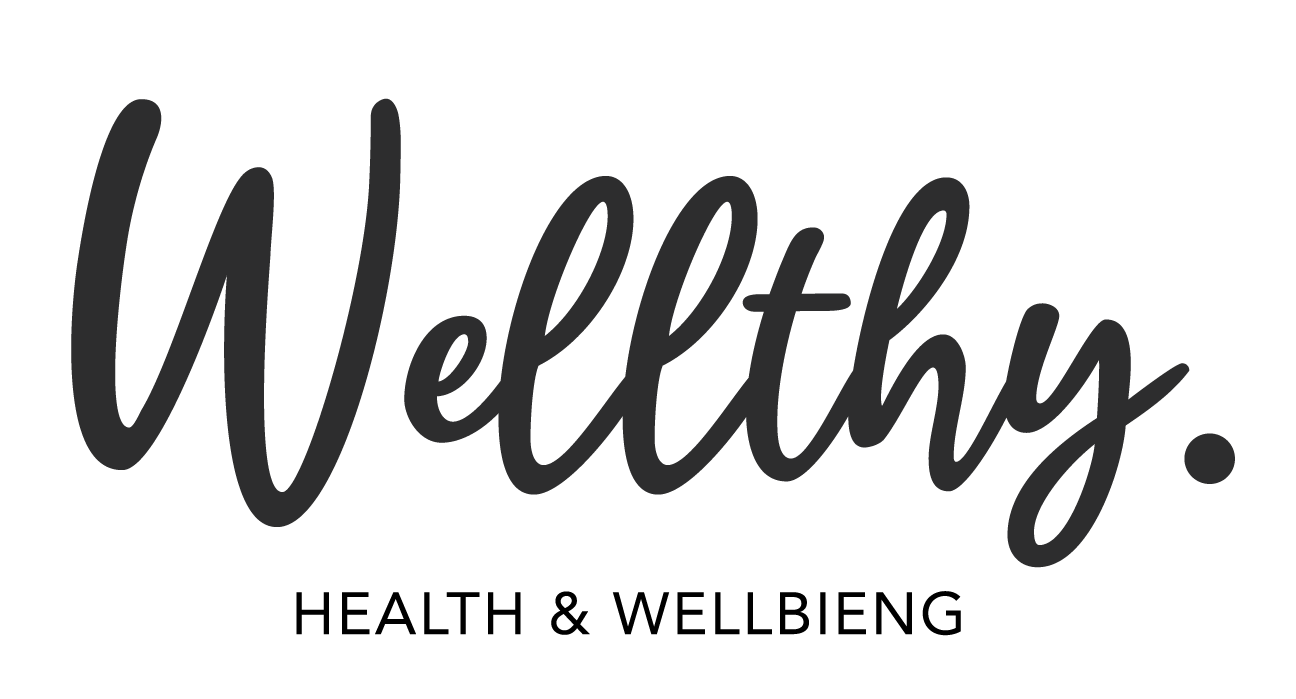The demands of working in busy clinic settings can place a significant toll on the well-being of healthcare professionals. How can preventive health care strategies empower these individuals to thrive in their roles while prioritizing their own health? In this blog post, we dive into actionable insights and tips tailored specifically for healthcare professionals in busy clinics to proactively manage their health and well-being. Join us as we explore the vital importance of preventive health care strategies for healthcare professionals in the dynamic environment of busy clinics.
Key Preventive Health Measures for Busy Clinic Professionals
In the demanding environment of a busy clinic, healthcare professionals often overlook their own health needs while focusing on patient care. However, incorporating preventive health care strategies is crucial to ensure long-term well-being and sustainability in this field.
Importance of Preventive Health Care for Healthcare Professionals
Healthcare providers in busy clinics are susceptible to burnout, stress-related illnesses, and chronic conditions due to the nature of their work. Prioritizing preventive health measures can help in mitigating these risks, enhancing overall job satisfaction, and improving patient care quality.
Incorporating Healthy Eating Habits in a Busy Clinic Setting
-
Pack nutritious meals and snacks to sustain energy levels throughout hectic workdays.
-
Choose balanced meal options rich in essential nutrients like lean proteins, whole grains, and fresh fruits and vegetables.
-
Stay hydrated by drinking plenty of water and limiting sugary beverages.
Strategies for Managing Stress and Burnout in a Clinic Environment
-
Practice mindfulness techniques such as deep breathing exercises or short meditation sessions between patient appointments.
-
Take short breaks to decompress and reset during busy shifts.
-
Seek support from colleagues, supervisors, or professional counseling services when feeling overwhelmed.
Implementing Regular Physical Activity Routines for Busy Professionals
-
Incorporate micro-workouts like stretching exercises or brisk walks during breaks.
-
Use stairs instead of elevators whenever possible to sneak in extra physical activity.
-
Schedule dedicated time for structured workouts outside of work hours to maintain fitness levels.
The Role of Sleep in Preventive Health Care for Healthcare Workers
-
Prioritize adequate sleep to support physical and mental well-being.
-
Create a bedtime routine to signal the body that it's time to rest.
-
Avoid screen time close to bedtime to improve sleep quality.
By proactively integrating these preventive health care strategies into their daily routines, clinic professionals can safeguard their health and longevity in a demanding work environment. Remember, taking care of oneself is not a luxury but a necessity in the healthcare field.
For further insights on workplace wellness and stress management, refer to resources from Mayo Clinic.
Tips for Maintaining Work-Life Balance in a Clinic Setting
In the fast-paced and demanding environment of a busy clinic, achieving a healthy work-life balance is essential for the overall well-being of healthcare professionals. Here are some practical strategies to help clinic professionals prioritize self-care amidst their busy schedules:
Setting Boundaries to Ensure Personal Time for Healthcare Professionals
-
Establish clear boundaries between work and personal life to prevent burnout and exhaustion.
-
Communicate with colleagues and supervisors about your availability and personal limits.
-
Delegate tasks when possible to avoid taking on more than you can handle.
Importance of Social Connection and Support Systems in Preventive Health Care
-
Cultivate meaningful relationships with coworkers to foster a supportive work environment.
-
Engage in social activities outside of work to maintain a balanced social life.
-
Seek emotional support from friends, family, or professional counselors when needed.
Mindfulness and Meditation Techniques for Clinic Professionals
-
Practice mindfulness during breaks to reduce stress and improve focus.
-
Incorporate short meditation sessions into your daily routine to promote relaxation.
-
Use guided meditation apps or online resources for convenient access to relaxation techniques.
Time Management Strategies to Prioritize Health and Wellbeing
-
Use productivity tools or techniques such as the Pomodoro technique to maximize efficiency.
-
Prioritize self-care activities in your schedule, treating them as non-negotiable appointments.
-
Learn to say no to additional work or commitments that may compromise your well-being.
Integrating Self-Care Practices into Daily Routines for Busy Clinic Professionals
-
Engage in activities that promote relaxation and stress relief, such as yoga or tai chi.
-
Allocate time for hobbies and interests outside of work to nurture personal fulfillment.
-
Take short breaks throughout the day to recharge and reset your focus.
Remember, maintaining a healthy work-life balance is not only beneficial for healthcare professionals but also enhances patient care and satisfaction. By implementing these tips and strategies, clinic professionals can prioritize their well-being and prevent burnout in a busy clinic setting.
For additional resources on work-life balance and self-care, explore insights from The American Institute of Stress.
Creating a Healthy Clinic Environment for Staff and Patients
Ensuring a healthy clinic environment is essential not only for the well-being of healthcare professionals but also for the safety and satisfaction of patients. By implementing preventive health care strategies in clinic settings, both staff and patients can benefit from a conducive and health-conscious atmosphere.
Promoting Hygiene and Infection Control Practices in Busy Clinics
-
Maintain strict adherence to hand hygiene protocols to prevent the spread of infections.
-
Regularly sanitize high-touch surfaces and equipment to minimize the risk of contamination.
-
Educate staff members on proper infection control measures and provide necessary supplies.
Implementing Workplace Wellness Programs for Healthcare Teams
-
Introduce wellness initiatives such as fitness challenges or healthy eating programs to promote staff health.
-
Provide access to mental health resources and support services for employees facing stress or burnout.
-
Encourage a culture of open communication and support among team members.
Encouraging Regular Health Screenings and Check-Ups for Clinic Staff
-
Facilitate on-site health screenings for common health parameters like blood pressure and cholesterol levels.
-
Schedule routine check-ups for staff members to detect and address any underlying health issues early.
-
Offer incentives or rewards for employees who prioritize their health through regular screenings.
Providing Resources and Education on Preventive Health Measures
-
Distribute educational materials on preventive health care strategies and disease prevention to staff.
-
Host workshops or seminars on nutrition, mental health, and stress management for continuous learning.
-
Collaborate with healthcare professionals to offer on-site wellness consultations and preventive health screenings.
Building a Culture of Support and Wellness Advocacy in Clinic Settings
-
Foster a supportive environment where staff feel comfortable discussing health concerns or seeking assistance.
-
Recognize and reward employees who prioritize their health and well-being.
-
Lead by example as clinic leaders by demonstrating a commitment to preventive health care practices.
By proactively creating and maintaining a healthy clinic environment through these preventive health care strategies, healthcare professionals can work more effectively, reduce the risk of illnesses, and provide quality care to their patients, fostering a culture of well-being and health promotion.
For more insights on workplace wellness and infection control, refer to resources from The Centers for Disease Control and Prevention.
How can healthcare professionals integrate preventive health measures into their daily routines in busy clinics?
Healthcare professionals can integrate preventive health measures by prioritizing scheduled breaks for healthy meals, incorporating short physical activity sessions during shifts, practicing mindfulness techniques for stress management, and ensuring adequate rest through proper sleep hygiene.
What role does workplace culture play in supporting preventive health care strategies for clinic professionals?
A positive workplace culture that values and promotes employee well-being can facilitate the adoption of preventive health care strategies. Supportive environments encourage staff to prioritize self-care, participate in wellness programs, and feel empowered to seek help when needed.
Are there specific challenges that clinic professionals may face when trying to implement preventive health care strategies?
Clinic professionals may face challenges such as time constraints, high workloads, emotional stress from patient care, and irregular schedules that can hinder their ability to consistently practice preventive health measures. Overcoming these challenges may require proactive planning and determination.
How can clinic leaders contribute to fostering a culture of wellness and preventive health care in busy clinic environments?
Clinic leaders can lead by example by prioritizing their own health, promoting open communication about well-being, providing resources and incentives for preventive health initiatives, and creating a supportive environment where staff feel encouraged to prioritize self-care.
What are some resources and tools available to clinic professionals seeking to enhance their preventive health care practices?
Clinic professionals can access resources such as online wellness platforms, workplace wellness programs, health screenings provided by clinics or external healthcare providers, mental health support services, educational workshops on nutrition and stress management, and professional counseling services tailored to healthcare professionals.


